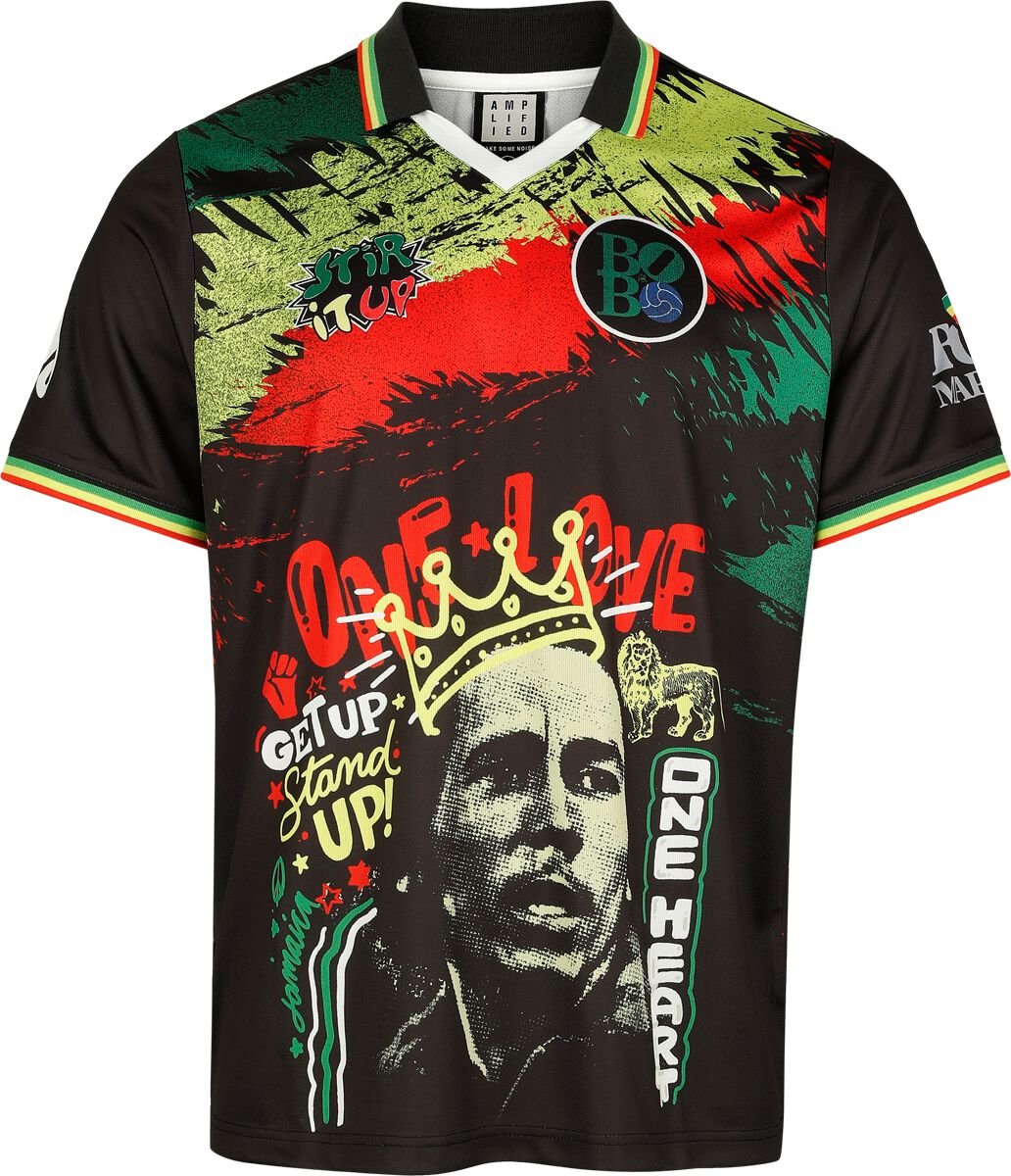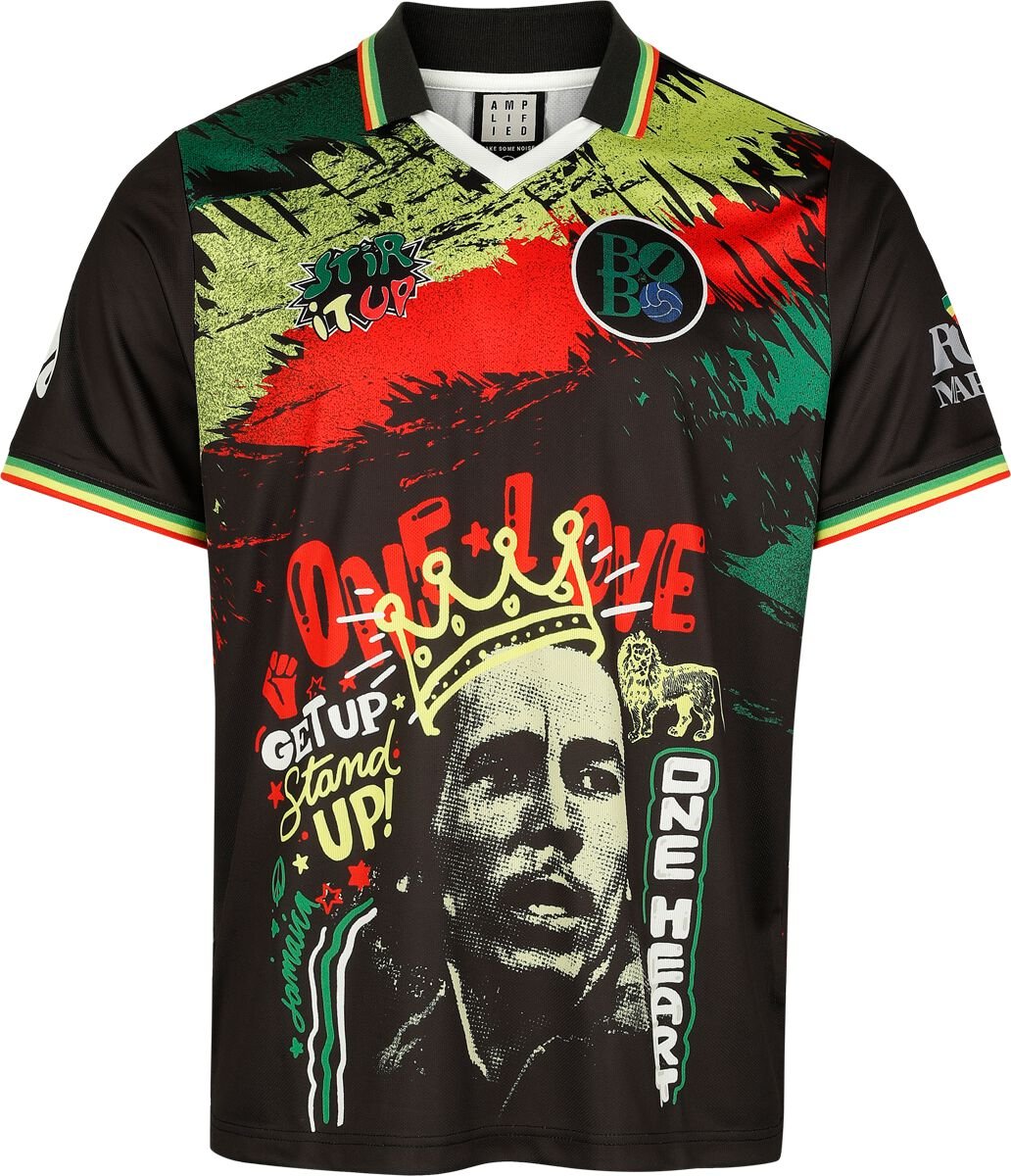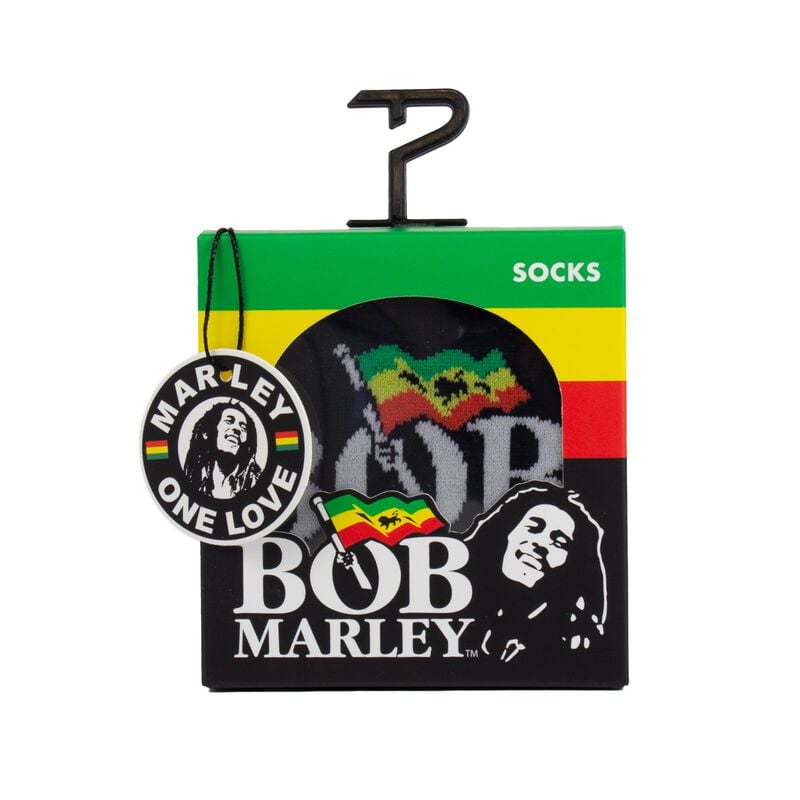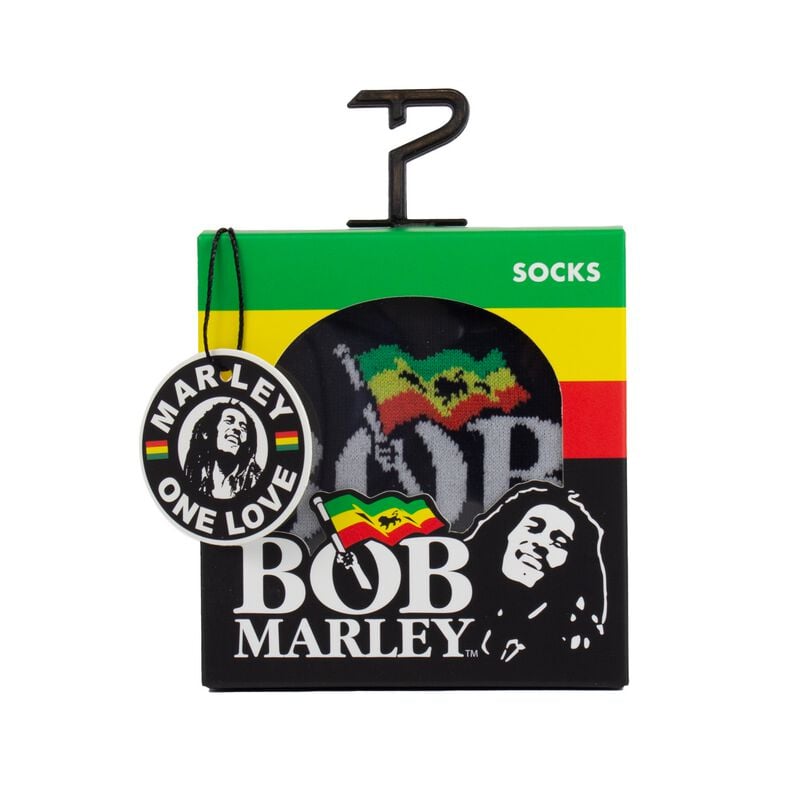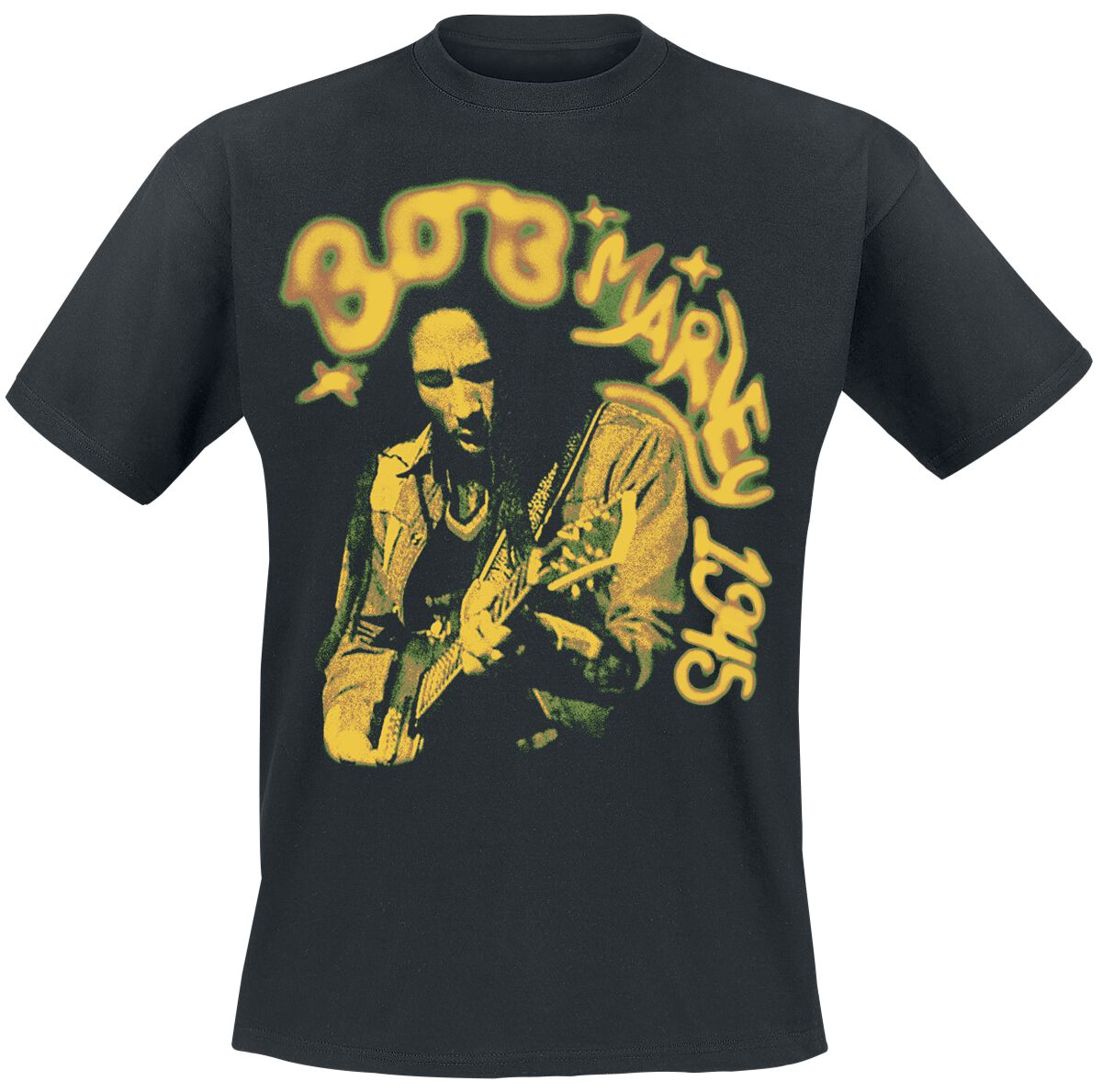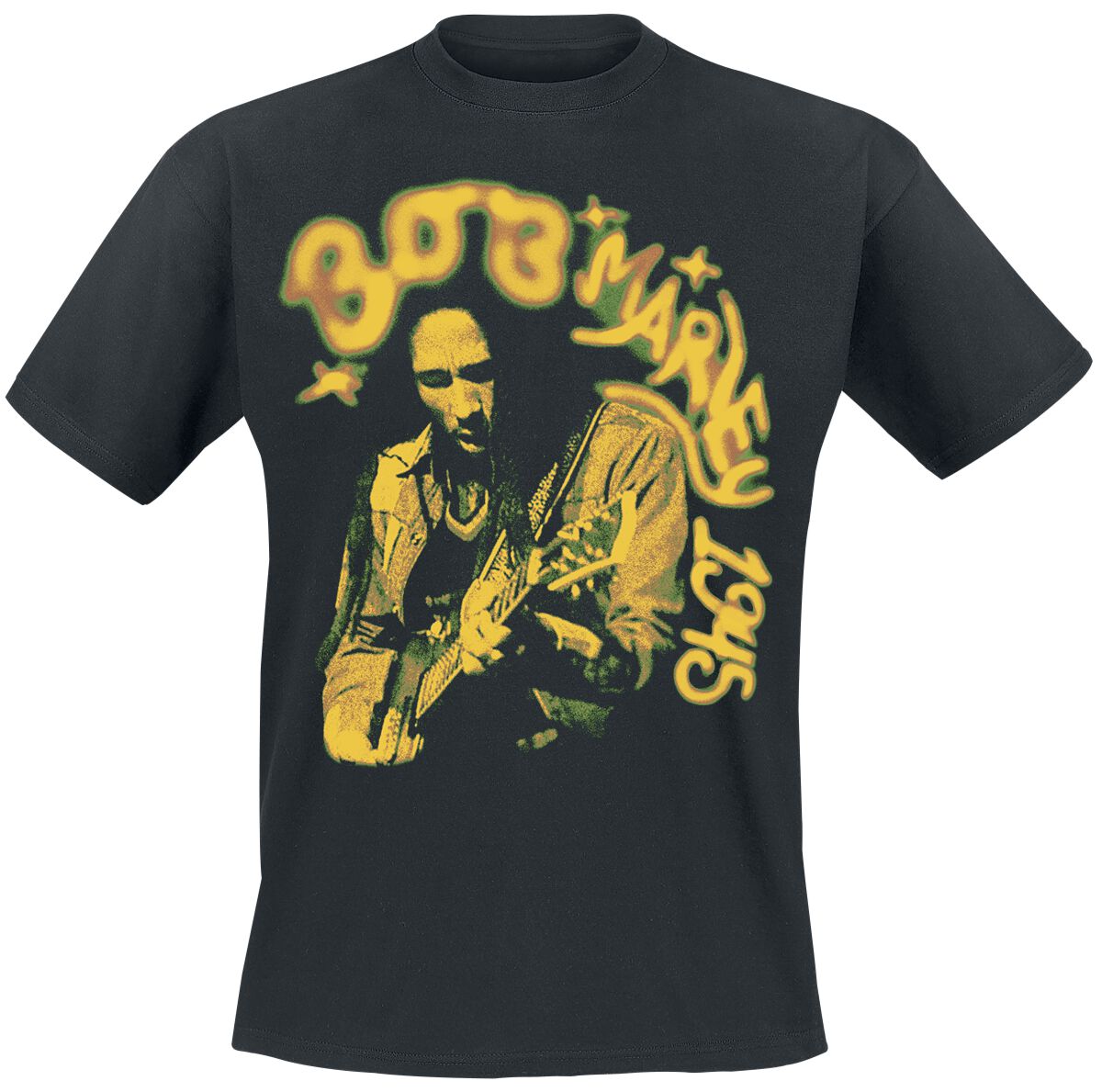Bob Marley, born Robert Nesta Marley in Nine Mile, Jamaica, stands as the quintessential icon of reggae music and a global symbol of peace, unity, and the Rastafari movement. His timeless songs, imbued with messages of love, struggle, and spiritual liberation, continue to resonate deeply across continents, making him a perpetual fixture in trending music conversations and a source of inspiration for generations.
The foundation of Marley’s legendary career was laid in 1963 with the formation of The Wailers in Trench Town, Kingston. The original trio consisted of Bob Marley, Peter Tosh, and Bunny Wailer (born Neville Livingston). They initially explored the popular Jamaican genres of ska and rocksteady, quickly gaining local recognition for their distinctive harmonies and songwriting. With early producers like Clement “Coxsone” Dodd at Studio One, they released singles such as “Simmer Down,” which became a number one hit in Jamaica. The band’s sound matured as reggae emerged in the late 1960s, a genre characterised by its distinctive rhythmic patterns and socially conscious lyrics. However, it was their pivotal partnership with Island Records and producer Chris Blackwell in the early 1970s that propelled them to international stardom. The album Catch a Fire (1973), with its innovative Zippo lighter-inspired cover for initial pressings, marked their major-label debut and introduced reggae to a global rock audience, thanks in part to strategic overdubs by session musicians in London to enhance its crossover appeal. This was swiftly followed by Burnin’ (1973), which featured powerful anthems like “Get Up, Stand Up” and the original version of “I Shot the Sheriff.”
The late 1970s cemented Marley’s status as a global superstar. Albums like Rastaman Vibration (1976), Exodus (1977) – which Time magazine famously named the “Album of the Century” – and Kaya (1978) delivered a string of hits including “Jamming,” “Three Little Birds,” and “Is This Love.” His music transcended entertainment, becoming a powerful voice for unity, resistance against oppression, and the teachings of the Rastafari faith, to which he formally converted in the mid-1960s.
Beyond his immense musical talent, Bob Marley’s life is rich with fascinating stories. He was a passionate football enthusiast, often playing matches before his concerts. In 1976, he survived an assassination attempt at his home in Jamaica, just two days before he was scheduled to perform at the “Smile Jamaica” concert, an event intended to promote peace amidst political violence. Despite the attack, he bravely performed, cementing his image as an unwavering advocate for peace. His commitment to the Rastafari principles, including the wearing of dreadlocks and the sacramental use of ganja, made him an ambassador for the movement worldwide. His song “One Love” has become a universally recognised anthem for global harmony, voted the best song of the 20th century by some publications.
Sadly, Bob Marley’s life was cut short by cancer in 1981 at the age of 36. His passing sent shockwaves around the world, and he was accorded an official state funeral in Jamaica, a testament to his profound national and international impact. His posthumous compilation album, Legend (1984), became the best-selling reggae album of all time, continuing to introduce his music to new generations. His legacy is carried on by his numerous children, many of whom are successful musicians themselves, ensuring that the message and rhythm of Bob Marley and reggae music continue to inspire and uplift.

